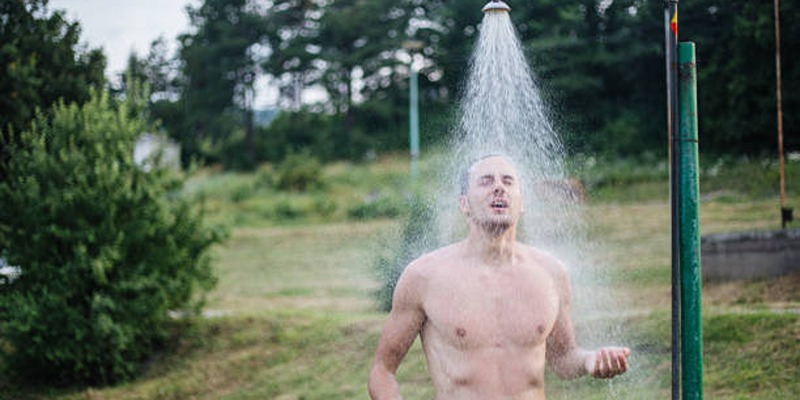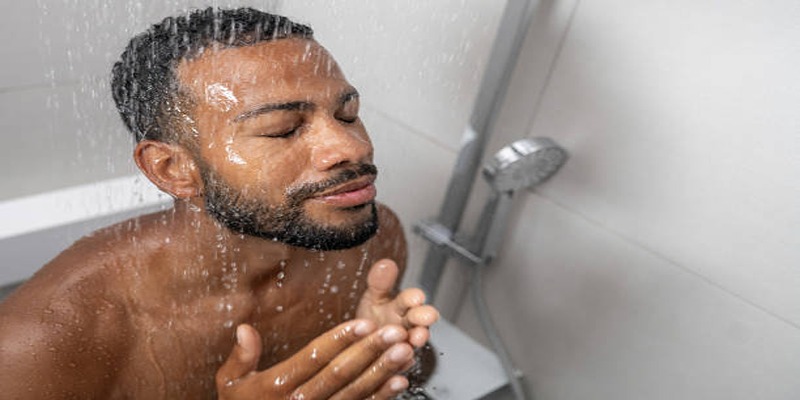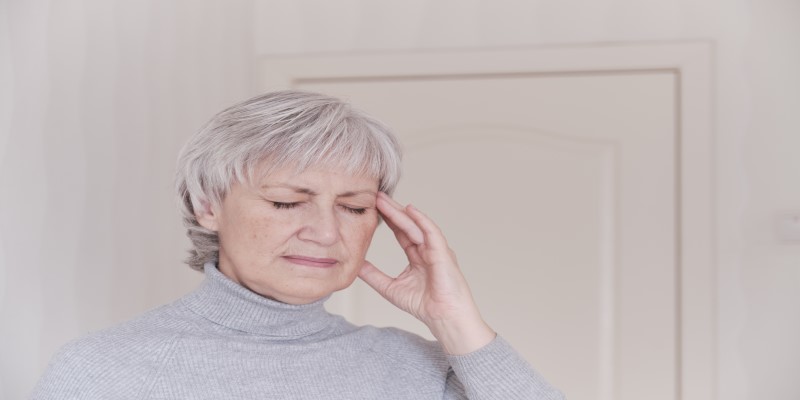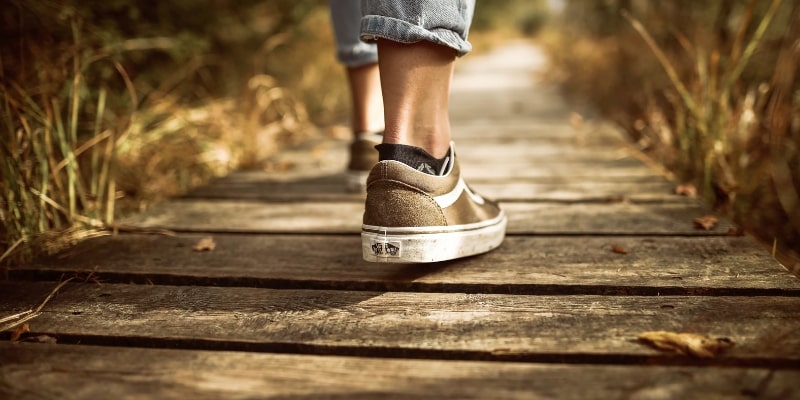While it may be tempting to skip the post-exercise shower due to time constraints or sheer exhaustion, neglecting this part of your recovery routine can have unintended consequences. Not only does showering help to wash away sweat and bacteria that can contribute to skin irritations and infections, but it also serves as an important signal to the body, marking the transition from physical exertion to a state of rest and recovery. This practice is not merely about personal hygiene; it's integral to maintaining skin health, preventing muscle soreness, and can even influence your overall sense of well-being after a workout.
Skin Health and Hygiene
When we exercise, our bodies produce sweat as a natural way to regulate our temperature. Sweat also contains a mixture of salt, water, and other substances that can cause irritation if left on the skin for extended periods of time. This is why it's important to shower after a workout, not only to remove sweat but also any dirt or bacteria that may have accumulated during physical activity. Neglecting to shower after a workout can lead to clogged pores, breakouts, and even more serious skin infections.
Risk of acne and skin infections
Not showering after exercise can result in a buildup of bacteria on the skin, which can lead to acne breakouts. Sweating while wearing tight-fitting clothing or using shared gym equipment also increases the risk of developing fungal or bacterial skin infections such as ringworm, athlete's foot, or folliculitis.
Proper post-workout hygiene practices
To prevent these issues, it's important to practice proper post-workout hygiene. This includes showering with warm water and mild soap as soon as possible after physical activity, using a clean towel to dry off, and wearing loose-fitting clothing made of breathable fabrics. It's also recommended to clean gym equipment before and after use, change out of sweaty clothes immediately, and avoid sharing personal items like towels or water bottles.
Muscle Recovery and Relaxation

Aside from maintaining skin health, showering after a workout can also help with muscle recovery and relaxation. The warm water can help to relax tense muscles and improve blood flow, which aids in the delivery of oxygen and nutrients to tired muscles. Additionally, taking a post-workout shower can serve as a mental cue that it's time to wind down and allow the body to rest and recover.
How showering can help with muscle soreness?
Showering after a workout can also help to reduce muscle soreness. The warm water helps to increase blood flow, which aids in the removal of lactic acid build-up in muscles. This can alleviate feelings of stiffness and soreness that often occur after intense physical activity.
Difference between hot and cold showers
Some may wonder whether a hot or cold shower is more beneficial after a workout. While both can have their own benefits, a warm shower is generally recommended as it helps to relax muscles and open up pores for better cleansing. However, taking a cold shower can also help to reduce inflammation and promote faster muscle recovery.
Psychological and Social Implications
Beyond the physical benefits, showering after a workout can also have emotional and social implications. For many people, taking a post-workout shower is an important part of their routine and helps them to mentally transition from exercise mode to rest mode. It can also boost confidence by leaving you feeling fresh and clean after sweating.
Breaking the stigma
There is also a societal stigma surrounding those who don't shower after exercise. It can be seen as unhygienic or disrespectful to others in shared spaces. By prioritizing post-workout showers, we not only take care of our own well-being but also show consideration for those around us.
Mind-body connection
In addition, the act of showering itself can serve as a moment of mindfulness and self-care. Taking the time to wash away the physical and mental exertion of a workout can help to improve overall well-being and foster a stronger mind-body connection.
Long-Term Health Considerations

Ignoring the practice of taking a post-workout shower can lead to more than just temporary discomfort or social awkwardness—it can have implications for long-term health. Habitually avoiding showers after physical activity might become a contributing factor in recurrent skin issues, chronic muscle soreness, and could potentially weaken the body’s ability to recuperate effectively, increasing the risk of injury.
Maintaining stringent personal hygiene is vital for overall health, as it helps in preventing the spread of bacteria and communicable diseases. Hence, incorporating a post-exercise shower into one's fitness regime isn't just advisable; it's a critical aspect of preserving both personal health and public health standards.
Conclusion
Showering after a workout is not just about washing away sweat and bacteria. It serves as an essential signal to the body to transition from physical exertion to rest and recovery, helps maintain skin health, prevents muscle soreness, and can even have positive psychological effects. Neglecting this practice can lead to various issues like skin infections, muscle soreness, and low self-esteem. Therefore, make it a priority to shower after every workout for the benefit of your overall health and well-being. So, make sure to prioritize post-workout hygiene and reap all the benefits of a refreshing shower!




